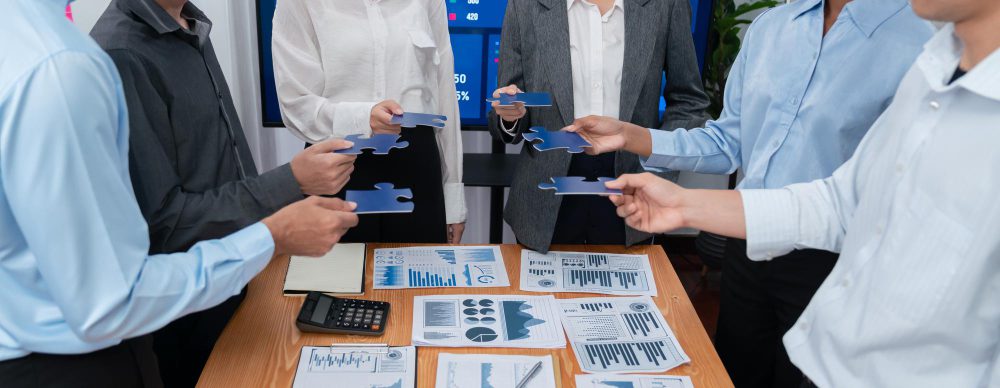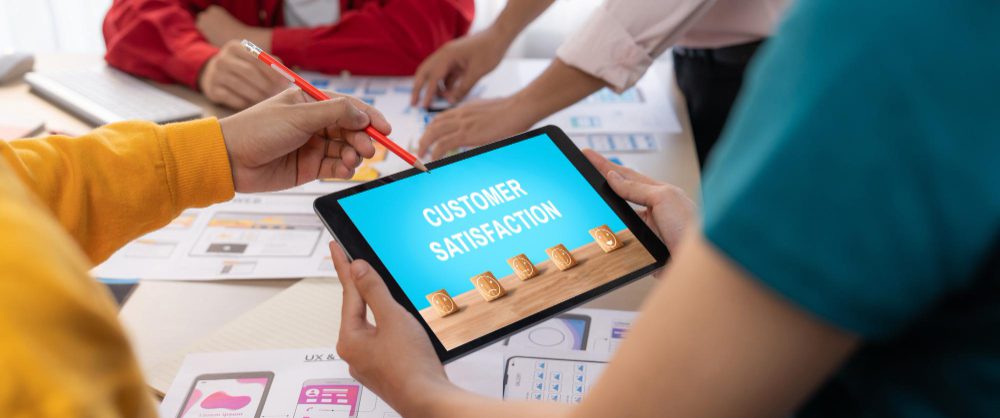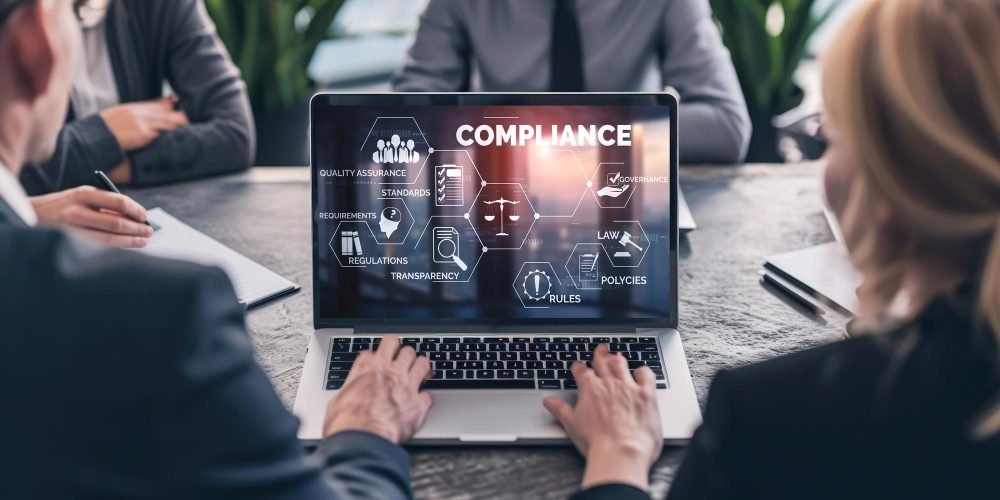Best Practices for Using Social Media in Event Promotion
Social media has become an indispensable tool for event promotion, allowing businesses to reach a vast audience and engage with them in real-time. For exhibition companies, leveraging social media effectively can lead to higher attendance, increased engagement, and greater brand visibility. Indian Exhibition Services (IES), a leading exhibition company in India, shares best practices for using social media to promote events successfully. Here are the key strategies to consider.
Crafting Compelling Content
The foundation of any successful social media campaign is compelling content. High-quality content attracts attention, engages the audience, and encourages them to take action.
Visual content, such as images and videos, is more likely to capture attention and be shared. Use high-quality photos and videos to showcase event highlights, behind-the-scenes preparations, and speaker introductions. Infographics can also be effective in conveying key information about the event quickly and clearly.
Craft engaging and informative captions to accompany your visual content. Use clear and concise language, and include a call-to-action (CTA) that encourages users to register for the event, share the post, or visit your website for more information. Adding relevant hashtags can also increase the visibility of your posts.
Mix different types of content to keep your audience engaged. This can include event teasers, speaker spotlights, attendee testimonials, and interactive polls. By offering a variety of content, you can cater to different preferences and keep your audience interested.
Building a Strong Online Presence
Building a strong online presence on social media platforms is crucial for effective event promotion. Consistency, engagement, and strategic use of features are key elements in establishing your presence.
Maintain a consistent posting schedule to keep your audience informed and engaged. Use a content calendar to plan your posts in advance and ensure a steady flow of content leading up to the event. Regular updates remind your audience about the event and build anticipation.
Actively engage with your followers by responding to comments, answering questions, and acknowledging shares and mentions. This interaction helps build a sense of community and makes your audience feel valued. Hosting live Q&A sessions or webinars can also enhance engagement and provide direct interaction with potential attendees.
Leverage the unique features of each social media platform to maximize your reach and engagement. For example, use Instagram Stories for real-time updates, Facebook Events to manage registrations, and LinkedIn for professional networking and sharing detailed content. Experiment with different features to find what works best for your audience.
Collaborating with Influencers and Partners
Collaborating with influencers and partners can significantly amplify your event promotion efforts. Influencers and industry partners can help you reach a broader audience and add credibility to your event.
Identify influencers who align with your event’s theme and target audience. Look for influencers with a strong following and high engagement rates. Collaborating with them can introduce your event to new audiences and generate buzz.
Work with influencers and partners to create collaborative content that promotes your event. This can include sponsored posts, guest blogs, video interviews, and social media takeovers. Collaborative content is often more authentic and relatable, making it more effective in driving engagement.
Partner with industry organizations, sponsors, and exhibitors to extend your reach. Cross-promote the event on each other’s social media channels to tap into different audiences. Hosting joint contests or giveaways can also increase engagement and create excitement around the event.














Post Comment